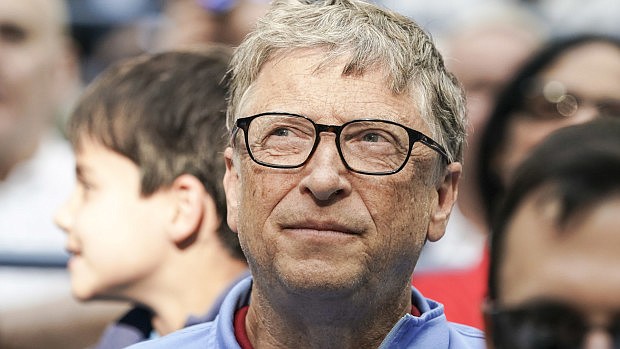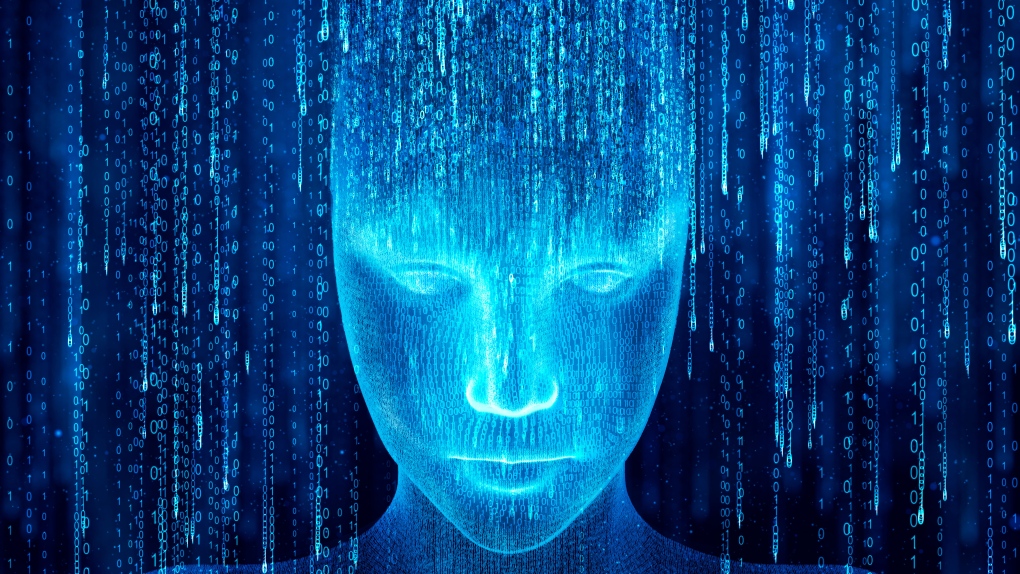Bill Gates appears to be less concerned about the perils of artificial intelligence than some other Silicon Valley entrepreneurs.
In a blog post published on Tuesday, the Microsoft co-founder addressed some of the most serious concerns about artificial intelligence, including the potential for misinformation and job displacement. However, he emphasized that these hazards are “manageable.”
“This is not the first time that a major innovation has introduced new threats that have had to be controlled,” Gates wrote. “We’ve done it before.”
Gates compared artificial intelligence to earlier “transformative” advances in society, such as the invention of the automobile, which prompted the public to adopt seat belts, speed limits, driver’s licenses, and other safety requirements. He believes that while innovation may cause “a lot of turbulence” in the beginning, society would “come out better off in the end.”
RELATED: Bill Gates: AI Is The Most Significant Technological Development In Decades

Everything you wanted to know about artificial intelligence but were too afraid to ask
Microsoft is one among the frontrunners in the race to develop and integrate a new generation of generative AI tools into popular products that promise to make people more productive and creative. However, a number of industry leaders have explicitly predicted apocalyptic scenarios for the quickly expanding technology.
In late May, dozens of AI researchers and celebrities, including Microsoft’s CTO Kevin Scott, signed a one-sentence letter stating: “Mitigating the risk of extinction from AI should be a global priority alongside other societal-scale risks such as pandemics and nuclear war.”
People should not “panic” over disastrous AI scenarios, according to Gates. “Could a machine decide that humans are a threat, conclude that its interests are different from ours, or simply stop caring about us?” Gates wondered in a blog post earlier this year. Perhaps, but this problem is no more pressing today than it was before the recent AI advancements.”

In a blog post this week, Gates stated that one of the most concerning aspects of AI is the potential for deepfakes and AI-generated misinformation to harm elections and democracy. Gates stated that he is “hopeful” that “AI can help identify deepfakes as well as create them.” He also stated that legislation around deepfake usage and labeling should be clear “so everyone understands when something they’re seeing or hearing is not genuine.”
Gates was also concerned about how AI could make it simpler for hackers and even countries to undertake cyberattacks against individuals and governments. Gates advocated for the creation of relevant cybersecurity measures, as well as for nations to consider establishing a worldwide AI agency comparable to the International Atomic Energy Agency.
Other concerns raised by Gates were how AI may replace people’s professions, perpetuate prejudices embedded into the data on which it’s taught, and even alter how children learn to write.

“It reminds me of the 1970s and 1980s, when electronic calculators became widely available,” Gates wrote. “Some math teachers were concerned that students would stop learning basic arithmetic, but others welcomed the new technology and focused on the thinking skills that go with it.”
“It’s natural to feel unsettled” during a transition period, according to Gates, but he remains hopeful about the future and how “history shows that it’s possible to solve the challenges created by new technologies.”
“It’s the most transformative innovation that any of us will see in our lifetimes,” he wrote, “and a healthy public debate will depend on everyone being knowledgeable about the technology, its benefits, and its risks.”
Download The Radiant App To Start Watching!
Web: Watch Now
LGTV™: Download
ROKU™: Download
XBox™: Download
Samsung TV™: Download
Amazon Fire TV™: Download
Android TV™: Download

